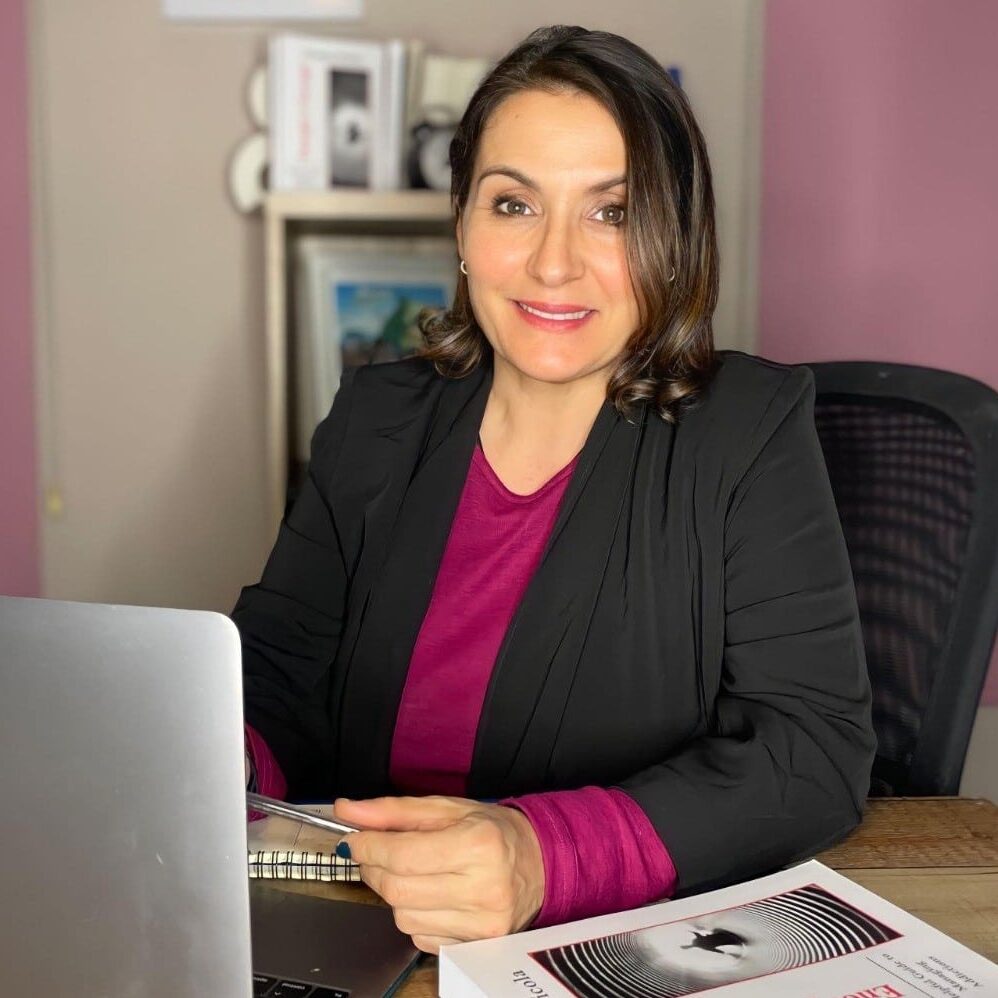DESPINA NICOLA looks at the power of vulnerability and seeking help
In the modern educational landscape there’s a strong emphasis on fostering independence, problem-solving skills and self-reliance in students. These are undeniably essential attributes. However, an often-overlooked skill that’s equally crucial is teaching children the importance of asking for help when they need it. The internal struggle, the feelings of shame, guilt and the anger that stems from not seeking assistance can become a heavy burden, impacting both personal and academic trajectories.
Society often paints a picture of the ideal individual: strong, silent and never in need of assistance. This image is perpetuated in literature, media and even daily interactions. For many, reaching out for help is seen as a sign of weakness. However, it is evident that asking for help is a sign of strength, self-awareness and maturity. It’s an acknowledgment of one’s limitations and the realisation that challenges don’t always have to be faced alone.
To illustrate the power of vulnerability, let’s consider the story of Emily, a high-achieving high school student. Emily was the epitome of the ‘strong, independent individual’ that society often glorifies. She was involved in multiple extracurricular activities, took advanced courses and was the go-to person for her friends when they needed academic help. On the surface, it seemed like Emily had it together.
However, Emily was struggling internally. The pressure to maintain her grades, fulfill her responsibilities and meet everyone’s expectations was overwhelming. She started experiencing anxiety and sleepless nights but felt that she couldn’t tell anyone. She thought that admitting her struggles would shatter the image of the ‘perfect student’ she had worked so hard to maintain.
One day, Emily broke down during a class presentation. The room went silent as she stepped away from the podium, tears streaming down her face. It was a moment of raw vulnerability, and it shocked everyone who had seen her as unflappable. Instead of judgment, however, her teacher and classmates responded with empathy and support. Her teacher later connected her with the school counselor, who helped her find coping strategies for anxiety. Emily also opened up to her parents, who were initially surprised but ultimately supportive.
This moment of vulnerability became a turning point for Emily. She realised that asking for help and showing her true self, flaws and all, didn’t make her weak, it made her human. She learned to manage her anxiety better, started setting more realistic expectations for herself, and most importantly, she learned the value of asking for help. Emily’s story serves as a powerful example that vulnerability is not a sign of weakness but a courageous step towards self-awareness, growth and genuine connection with others.
Emily’s experience should be a lesson for educational institutions and families alike. It’s crucial to create an environment where students can feel safe being vulnerable. Teachers can facilitate this by encouraging open dialogue in the classroom, not just about academic topics but also about feelings, challenges and fears. Parents can contribute by fostering a home environment where children feel safe expressing their vulnerabilities without the fear of judgment or disappointment.
Another example is of a poignant story shared by a student. He recounted a high school football practice where his reluctance to join a drill was met with derision from his coach. This incident became a pivotal moment in his life, pushing him to use rage as a defence mechanism, which had long-term repercussions on his relationships. Such narratives are not isolated. Many students bear the emotional scars of moments where they felt sidelined, underestimated or ignored. These experiences can profoundly influence behaviour, pushing them to extremes to prove their worth or causing them to withdraw and mask their true selves.
The narrative around vulnerability and seeking help needs to shift at a systemic level. Schools should incorporate social-emotional learning into their curricula, focusing on skills like emotional intelligence, empathy and effective communication. This would help students understand that everyone has vulnerabilities and that it’s okay to seek help.
In conclusion, the role of education extends far beyond academic achievements. It’s about nurturing a culture of empathy, understanding and compassion. It’s about teaching our children they don’t have to face life’s challenges alone. By embracing vulnerability and the power of seeking help, we are not just raising resilient kids, we are shaping a resilient future.
In our educational institutions, we have a responsibility to challenge these stereotypes. We must instill in our children, especially boys, that it’s not only acceptable but vital to be vulnerable, to seek help, and to express their emotions openly.
The narrative needs a shift. We must transition from a culture that shames vulnerability to one that embraces it. Recognising that everyone, irrespective of gender or background, faces moments of doubt, fear and uncertainty is essential. And during these times, seeking help should be encouraged.







Click here to change your cookie preferences